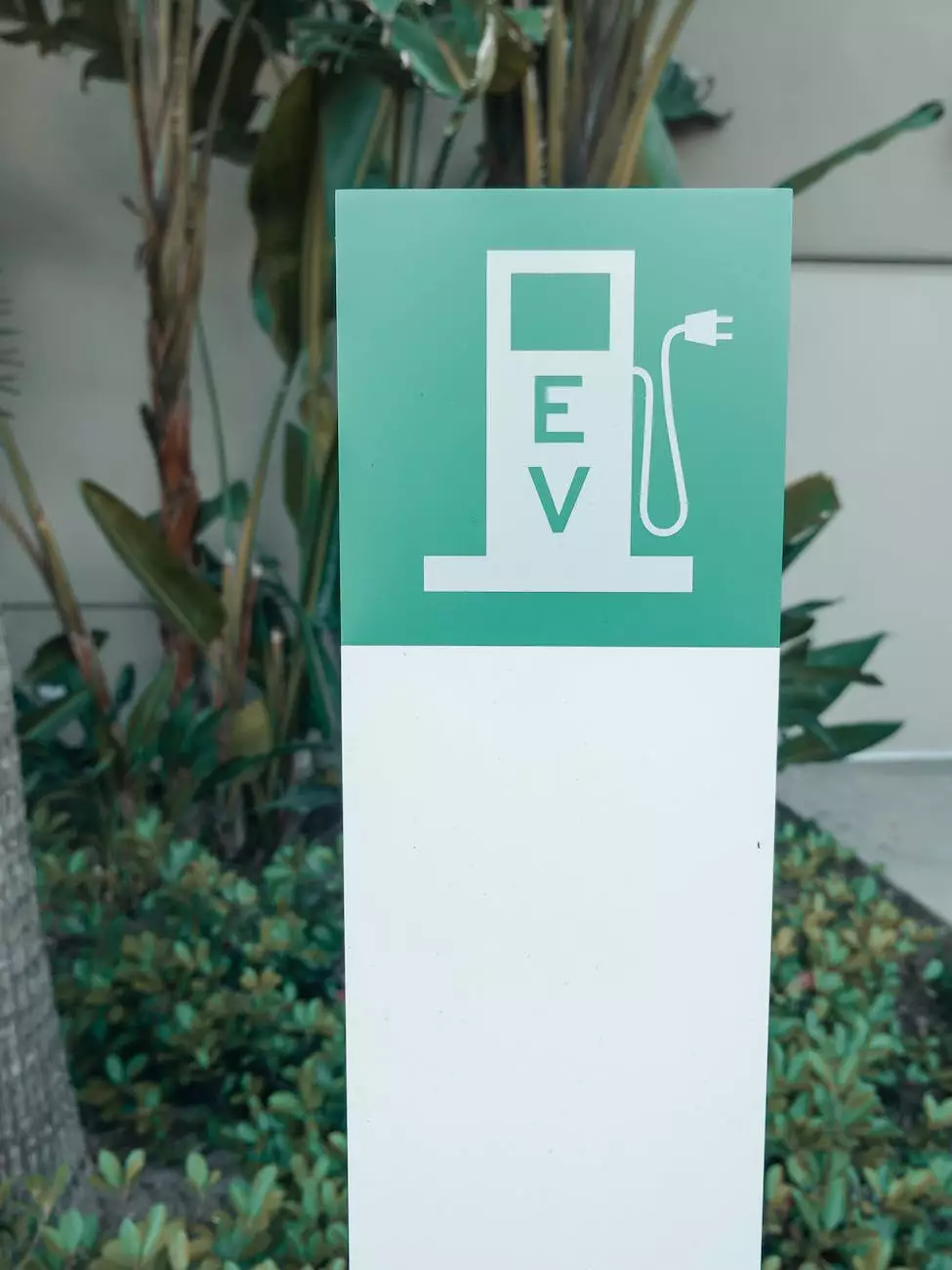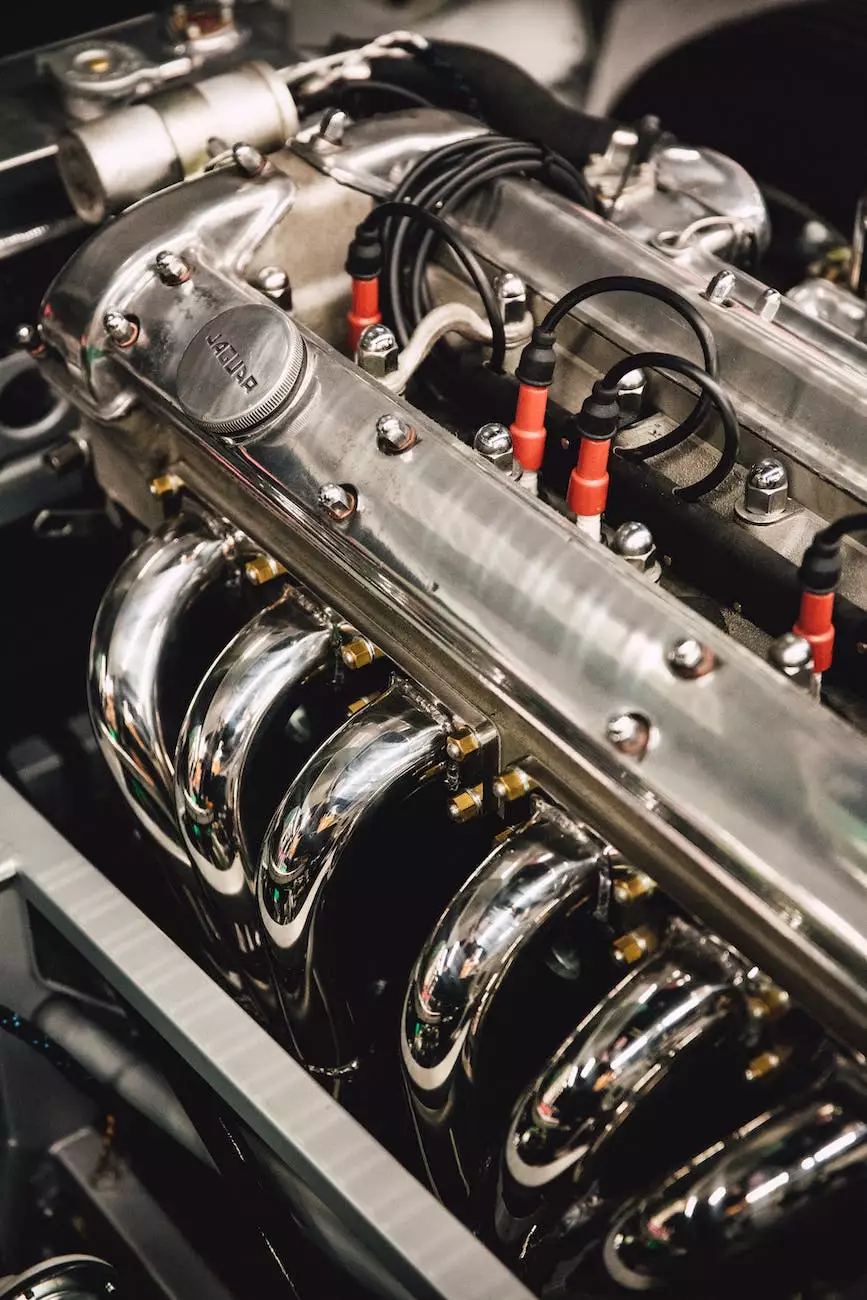Benefits Of Blockchain In Automotive Industry In 2023
Development Partners
Introduction
As the automotive industry continues to evolve at a rapid pace, technological advancements have become essential for businesses to stay competitive. One such groundbreaking technology that is revolutionizing various sectors, including automotive, is blockchain. In this article, we will delve into the benefits of blockchain in the automotive industry in 2023, highlighting its transformative potential and the positive impact it brings.
Enhanced Security and Transparency
One of the key advantages of implementing blockchain technology in the automotive industry is the enhanced security it provides. Traditional systems are vulnerable to cyber-attacks and tampering, jeopardizing the integrity of vital data and processes. Blockchain, on the other hand, uses advanced cryptographic algorithms and decentralized networks to ensure secure data storage and transactions.
Additionally, blockchain brings heightened transparency to the automotive ecosystem. By utilizing a distributed ledger system, all transactions and data entries are recorded and verified by multiple participants, leaving no room for manipulation or discrepancies. This transparency fosters trust between stakeholders, such as manufacturers, suppliers, distributors, and customers.
Streamlined Supply Chain Management
The automotive industry heavily relies on efficient supply chain management to ensure the timely delivery of parts, components, and vehicles. Blockchain technology offers a revolutionary solution to optimize these processes by creating a transparent and traceable supply chain.
Through blockchain, all participants in the supply chain can access real-time information and track the movement of goods from the source to the end user. This facilitates better inventory management, reduces delays, eliminates counterfeit parts, and minimizes the risk of product recalls. By digitizing and automating supply chain operations, businesses can achieve cost savings and operational efficiencies.
Facilitating Vehicle History and Maintenance Records
Blockchain technology has the potential to transform vehicle history and maintenance records, overcoming the challenges associated with traditional paper-based systems. By storing important details such as vehicle ownership history, accident records, and maintenance schedules on a blockchain ledger, comprehensive and tamper-proof data can be easily accessed.
This transparency and immutability in vehicle records provide benefits to various stakeholders. For owners, it ensures accurate maintenance records, facilitating better resale value and warranty claims. For manufacturers and service providers, it enables efficient management of recalls and warranty repairs, reducing costs and enhancing customer satisfaction. Moreover, potential buyers can gain trust in the vehicle's authenticity and history before making a purchase.
Enabling Autonomous and Shared Mobility
With the rise of autonomous vehicles and shared mobility, the need for secure and reliable transactions between multiple parties becomes crucial. Blockchain technology can facilitate peer-to-peer transactions, ensuring seamless payments, and smart contracts for autonomous and shared mobility services.
Through blockchain, ride-sharing platforms, autonomous vehicle fleets, and users can securely interact and transact without the need for intermediaries. This not only reduces costs associated with middlemen but also enhances the overall efficiency and reliability of such services. Blockchain's decentralized nature guarantees transparency, trust, and real-time payment settlements, enabling the proliferation of autonomous and shared mobility.
Supporting Electric Vehicle Infrastructure
As the world shifts towards sustainable transportation, electric vehicles (EVs) are gaining significant traction. Blockchain technology can play a pivotal role in supporting the development of EV infrastructure.
Blockchain-enabled platforms can facilitate secure and transparent transactions between EV charging stations, energy providers, and vehicle owners. By leveraging blockchain, charging stations can validate energy transactions, authenticate users, and record energy consumption accurately. This fosters a more efficient and reliable charging infrastructure, allowing EV owners to easily access charging stations and monitor their energy expenditure.
Conclusion
In conclusion, blockchain technology holds immense potential for the automotive industry in 2023 and beyond. From enhanced security and transparency to streamlined supply chain management and facilitating vehicle history records, the benefits are vast. As businesses and consumers embrace the transformative power of blockchain, its role in shaping the automotive industry's future cannot be overstated.
By leveraging the advantages offered by blockchain technology, businesses operating in the automotive industry can unlock new business models, improve operational efficiencies, and gain a competitive edge. Embracing blockchain's disruptive capabilities will pave the way for a more secure, transparent, and efficient automotive ecosystem in the years to come.










